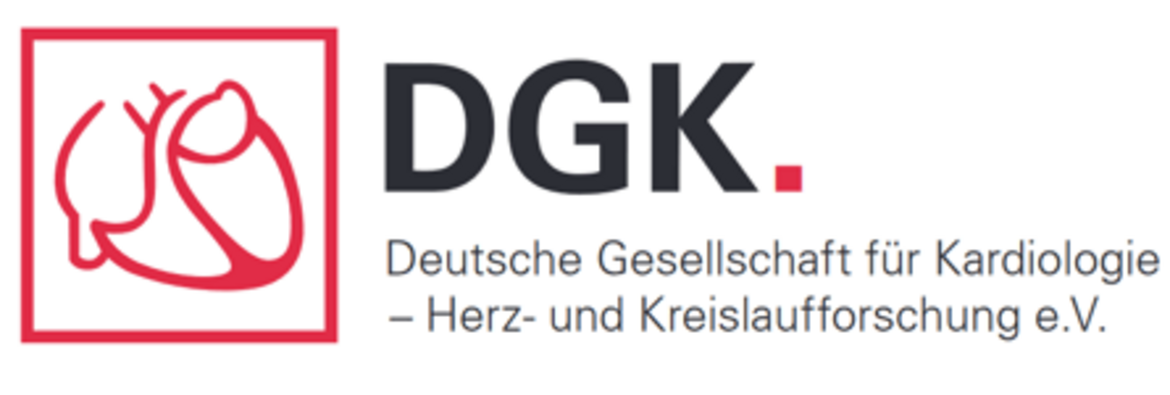Epigenetic Signaling in a Mouse Model
of Takotsubo Syndrome
Zusammenfassung
Takotsubo Syndrome (TTS) is characterized as a transient acute heart failure syndrome, usually preceded by an episode of severe physical and/or emotional stress. TTS constitutes 0.7 to 2.5% of suspected acute coronary syndromes presenting to the emergency room. First described by Dote et al. in 1991 in Japan, the syndrome was named after the strained shape of the affected left ventricle, resembling an octopus trap (“Takotsubo”). Clinical studies have shown the association of the disease with sympathetic overstimulation and a primal role of catecholamines as a trigger of TTS subsequent to physical and/or emotional stress has been suggested. Furthermore, a recent study has shown that long-term mortality was grossly underestimated, emphasizing the necessity of further research. In this regard, HDAC4 has been identified as a bipolar integrator of protein kinase A (PKA) and calcium/calmodulin-dependent protein kinase II (CaMKII) signaling in response to beta-adrenergic stimulation. Since the exact pathogenesis of TTS remains unknown with no pathogenetically-oriented treatment option available to this day, this project aims to investigate the impact of HDAC4-associated cardiac signaling in a novel mouse model of TTS.








